Super Aphids?
bake-neko
12 years ago
Related Stories
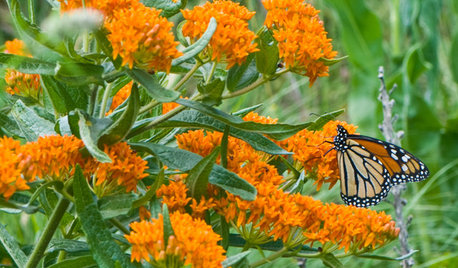
GARDENING GUIDESGreat Design Plant: Butterfly Milkweed, a Beacon in the Prairie
Vivacious orange flowers for you, nectar for the butterflies and bees. Asclepias tuberosa is worth planting for more reasons than one
Full Story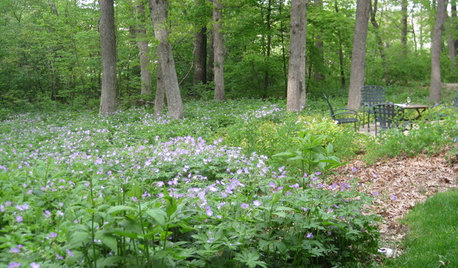
GARDENING GUIDESWe Bust 4 More Native Plant Myths
Have you been taken in by these fallacies about gardening with native plants?
Full Story
GARDENING AND LANDSCAPINGPorch Life: Banish the Bugs
Don't let insects be the bane of your sweet tea and swing time. These screening and product ideas will help keep bugs at bay on the porch
Full Story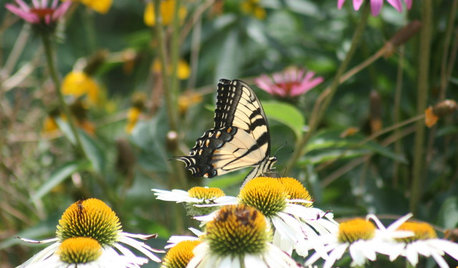
GARDENING GUIDESLessons in the Rewards of Selfless Gardening
Let go of gardening for your own vision and watch the garden’s own true vision come forth
Full Story
HOUSEPLANTSHow to Grow Orchids Indoors
Orchids are the exotic aristocrats of the flower world and can make themselves comfortable in almost any home
Full Story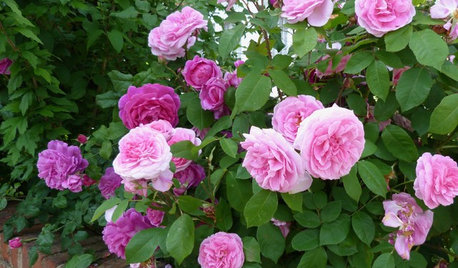
GARDENING GUIDESWhat Kind of Roses Should You Grow?
Want to add the beauty of roses to your garden? Find out which ones, from old-fashioned to modern, are right for you
Full Story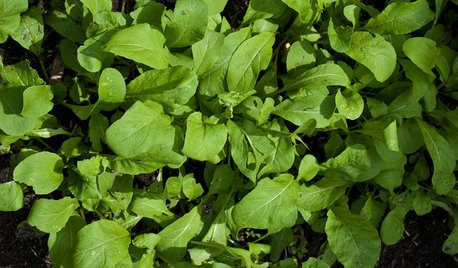
COOL-SEASON CROPSCool-Season Vegetables: How to Grow Salad Greens
From arugula to radicchio, greens have taken a top spot on the table and in fall and winter gardens. See how to start growing them now
Full Story
EDIBLE GARDENSNatural Ways to Get Rid of Weeds in Your Garden
Use these techniques to help prevent the spread of weeds and to learn about your soil
Full Story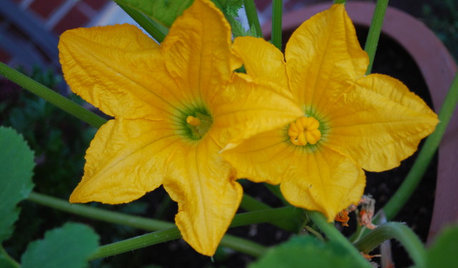
EDIBLE GARDENSSummer Crops: How to Grow Squash
Almost foolproof and with cheerful flowers, squash comes in a wide range of varieties to plant in spring
Full Story
FARM YOUR YARDGrow a Kitchen Garden in 16 Square Feet
Got a sunny 4-by-4 space? You can make meals more interesting with your own vegetables and herbs
Full Story





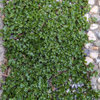
jean001a
bake-nekoOriginal Author
Related Professionals
Ashland Landscape Architects & Landscape Designers · Elwood Landscape Architects & Landscape Designers · Harrison Landscape Architects & Landscape Designers · Addison Landscape Contractors · Berkley Landscape Contractors · Downey Landscape Contractors · Paso Robles Landscape Contractors · Pleasant Hill Landscape Contractors · Royal Oak Landscape Contractors · Seven Hills Landscape Contractors · Severna Park Landscape Contractors · Shoreview Landscape Contractors · South Hackensack Landscape Contractors · Whitehall Landscape Contractors · Acushnet Stone, Pavers & Concreterhizo_1 (North AL) zone 7
bake-nekoOriginal Author
rhizo_1 (North AL) zone 7
Kimmsr
ken_adrian Adrian MI cold Z5
bake-nekoOriginal Author
bake-nekoOriginal Author
ken_adrian Adrian MI cold Z5
rhizo_1 (North AL) zone 7
bake-nekoOriginal Author
bake-nekoOriginal Author
scottys
bake-nekoOriginal Author
bake-nekoOriginal Author
scottys
wichitachief
rhizo_1 (North AL) zone 7